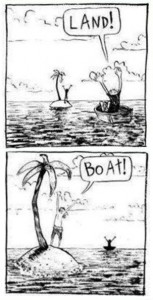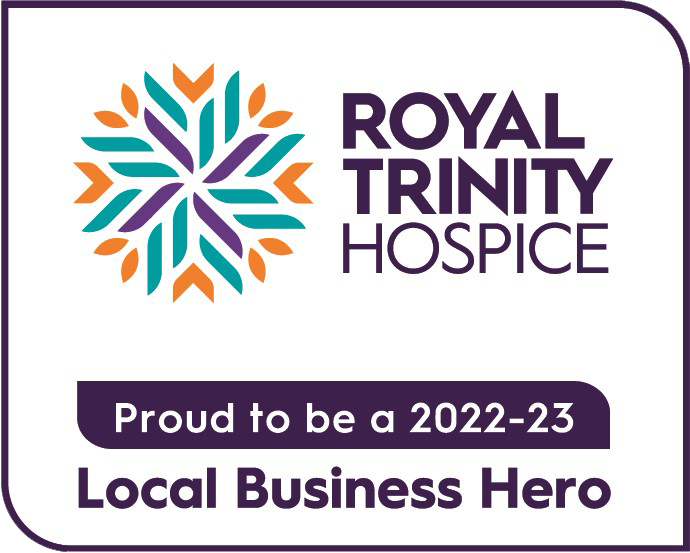It’s all a matter of perspective
 A century ago today, the British Expeditionary Force had its first encounter with the German army in advance of the Battle of Mons; a trying experience that marked the beginning of four long years of war. In another life while teaching at a university, this, and other seminal moments in that conflict, were often used by a particularly unsympathetic colleague to put student grievances into perspective. “Yes, the stress of looming exams might be affecting your sleep and consequently your performance, but remember this isn’t the eve of the Somme offensive.” I’m sure many would agree that this and his favourite follow-up maxim, “cruel but perceptive”, did little to lift the spirits of his students. Nonetheless, perspective can be a powerful tool to help inform complex debates, so what about the fate of our NHS?
A century ago today, the British Expeditionary Force had its first encounter with the German army in advance of the Battle of Mons; a trying experience that marked the beginning of four long years of war. In another life while teaching at a university, this, and other seminal moments in that conflict, were often used by a particularly unsympathetic colleague to put student grievances into perspective. “Yes, the stress of looming exams might be affecting your sleep and consequently your performance, but remember this isn’t the eve of the Somme offensive.” I’m sure many would agree that this and his favourite follow-up maxim, “cruel but perceptive”, did little to lift the spirits of his students. Nonetheless, perspective can be a powerful tool to help inform complex debates, so what about the fate of our NHS?
Few will be ignorant of the recent and ongoing Ebola epidemic in West Africa. A cruel disease with horrific symptoms, it is largely untreatable with modern medicine and it has a mortality rate often said to be as high as 90%. While it has been contained to a relatively small portion of that continent, this containment owes more to its method of transmission rather than effective state responses – highly contagious through contact, Ebola is not airborne or delivered by a vector like malaria. Recovery is, then, reliant on the strength of the individual and dedicated bedside care from courageous family members, friends and professionals; controlling the epidemic, however, will rely on education and the careful co-ordination of scarce health resources.
Perhaps the most poignant moment of this unfolding catastrophe was seeing pictures of Ebola victims dragged into Liberian streets and abandoned by their families through fear of contamination and quarantine. State apparatus to treat and control the infection had collapsed, and the frightened, ill-prepared and ill-informed population had resorted to desperate measures. This descent into chaos took a new turn this week when civilians in the locked-down West Point slum east of the capital violently clashed with security forces, plainly showing that containment of the disease has taken precedence over the treatment of the sick.
So, what about that perspective? Well, closer to home we have our own problems, though fortunately for us the incidence of dangerous, contagious disease is low. More importantly, though, these events highlight what we have as much as they highlight what West Africa lacks. Putting aside for a moment our moral duty to do what we can to support these struggling people, we should also use this as an opportunity to be introspective.
In many respects, the NHS is the envy of the world – care remains free at the point of need and the US think tank The Commonwealth Fund recently named it as the top performing system in the world. Plenty to be proud of, yet financial pressures and increasing demand mean there is no time for complacency.
It is imperative that we get to grips with a raft of public health issues that are piling on unnecessary pressure and look for innovative ways to care for people outside of hospital. However, as we approach a general election, these necessities are becoming increasingly clouded by political messages. This is natural on a number of points – Section 75 of the recent Health and Social Care Act, for example – but on others we are seeing more politics than policy. Perhaps we ought to take a step back to appreciate the value of what we have? While we’re at it, as it seems to be a problem largely unsolvable by further reform, perhaps we could have a degree of cross-party consensus on funding? We can always hope…
Yes, the NHS faces some serious hurdles, but none like the Retreat from Mons or rampaging infectious disease. Instead of point scoring, we should seek unity on the issue; we should reflect on our privileged position, treasure the service we have and look for ways in which we can work together – politically, culturally and professionally – to ensure that it has a future. As they say, you don’t know what you’ve got till it’s gone.

